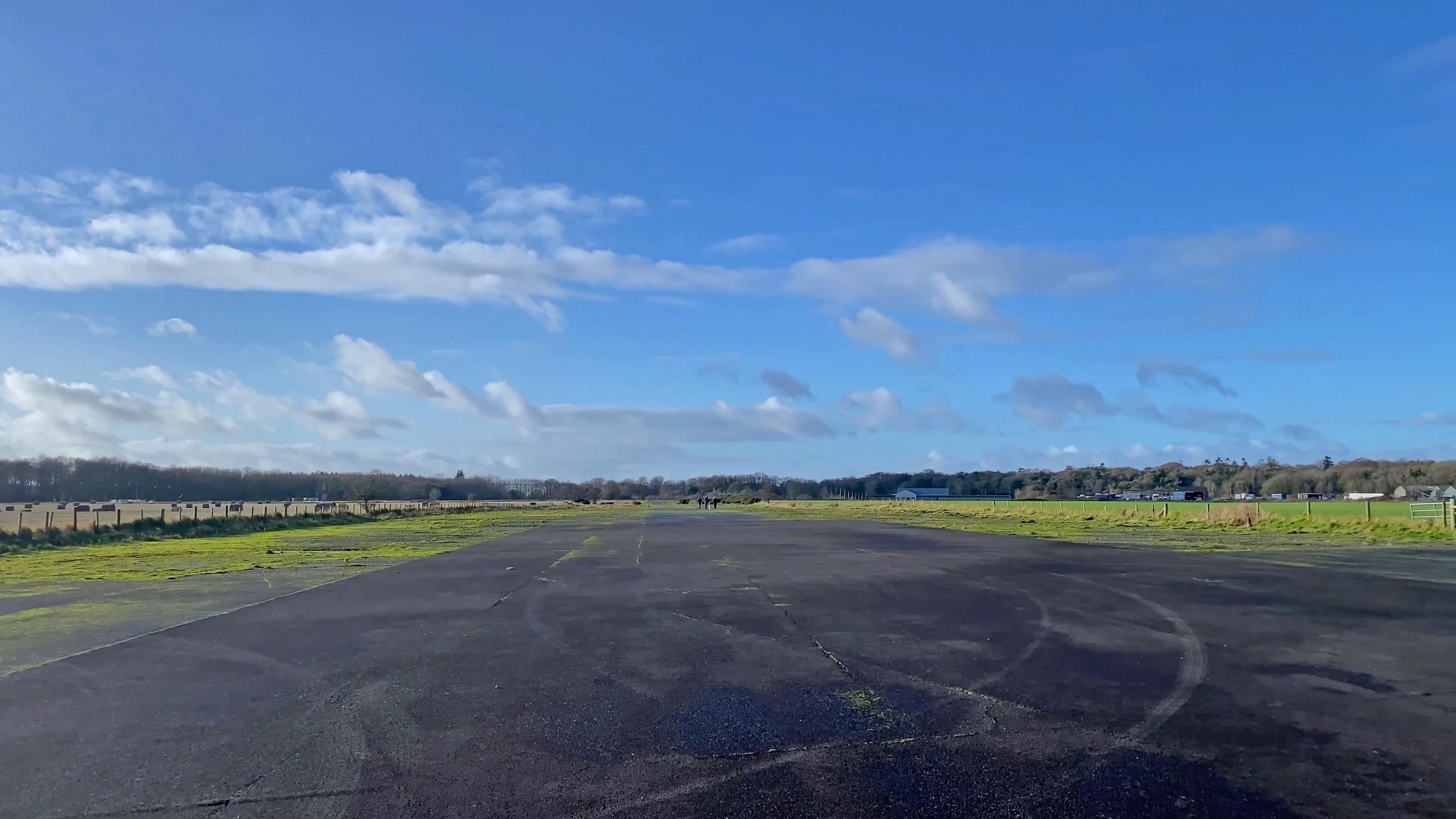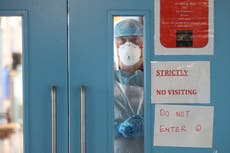Scotland to build its own Brexit lorry park in case of port disruption
Queuing traffic not expected at this stage, says Scottish Government’s Transport Secretary

The Scottish government will set up a Dumfries and Galloway airfield as an emergency lorry park in case of post-Brexit freight travel disruption between Scotland and Northern Ireland at Cairnryan port.
Hundreds of vehicles will be able to park at the Castle Kennedy airfield in Stranraer from Friday 1 January after Scotland signed a lease with Stair Estates, the owner.
Lorries will face new checks on departure after the end of the Brexit transition period on Friday, which could result in vehicles being turned away if found to be non-compliant to new rules.
If port capacity is too high, up to 240 vehicles will be able to use the former military airfield.
The deal is part of Operation Overflow, a contingency plan developed by Transport Scotland and partners including Police Scotland, P&O and Stena in case of Brexit disruption at Cairnryan ports.
The airfield should help manage any queuing traffic in the area, although Michael Matheson, the Scottish Government’s Transport Secretary, said he did not expect that to happen “at this stage”.
“Scotland did not vote for EU exit and we regret having to prepare for it – particularly in the midst of a global pandemic,” Mr Matheson said in a statement.
“However, the Cairnryan crossings are important for Scottish exporters and the ports themselves, and are also of strategic importance to Northern Ireland, so we are taking action to protect them.
“At this stage, we do not expect a significant increase in traffic or delays at Cairnryan, but it is essential that we are prepared for every eventuality.
“I’m pleased to confirm that working with the Local Resilience Partnership, we have agreed a contingency plan in order to minimise disruption to the local community and promote road safety.”
The announcement of the deal happened as Cabinet Office minister Michael Gove appeared to admit that UK borders could face more disruption in January.
“I’m sure there will be bumpy moments but we are there in order to try to do everything we can to smooth the path,” Mr Gove told the BBC.
“Businesses will need to make sure that they’re ready for new customs procedures and we as individuals will need to make sure that our passports are up to date because they need to have at least six months before expiry on them in order to be able to travel abroad.”
Earlier this month, thousands of trucks were stuck in traffic jams or parked at a disused airfield near Dover for days and supermarkets warned that some goods, including fresh produce, could run short after France briefly closed its border because of the new highly transmissible coronavirus variant circulating in London and southeast England.
Even after France agreed to let in truckers who tested negative for the virus, the backlog of 15,000 drivers who now needed tests took days to clear.
Additional reporting by PA
Join our commenting forum
Join thought-provoking conversations, follow other Independent readers and see their replies
Comments



Bookmark popover
Removed from bookmarks